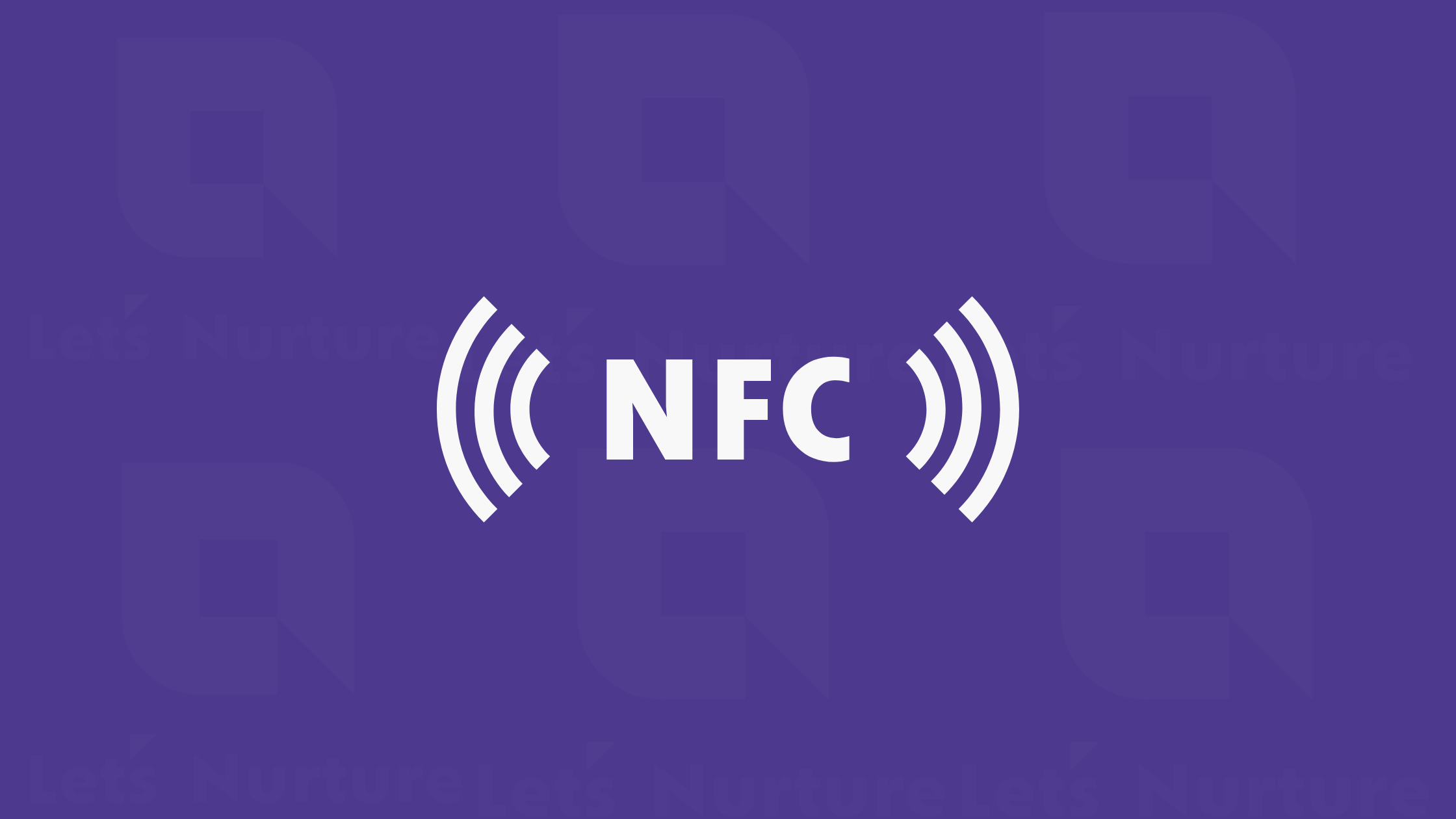- Tech Services

Concept Development
- Industry
- Emerging Tech
- Generative AI Hub
- Blog
- Contact Us

NFC App Development for Tourism: Enhancing the Travel Experience through Location-based Services
In Lets Nurture
17
Feb. 23904
VIEWS
Tourism growth and technological advancement have long coexisted. The use of portable electronics like smartphones and tablet computers has skyrocketed in recent years. As the number of mobile devices rises, more devices will enable Near-Field Communication (NFC), a short-range wireless technology allowing data transfer without physical contact. NFC technology will create new options for tourism stakeholders, from destination managers to tourism researchers.
In this article, we will examine the scope of NFC in the tourism sector and how it impacts the Travel Experience through Location-based Services.
Exploring Near-Field Communication (NFC)
Near-field communication (NFC) has recently become very popular in technology. The benefits of technological advancements are substantial because the tourism industry is built on collaboration between a wide range of services and goods.
Mobile technologies are assumed to be one of the most intriguing trends affecting the tourism business. In particular, NFC is a crucial technological advancement with profound implications for tourism-related companies and academic study. Destinations, lodging, and tourism-related companies have excellent prospects to increase the effectiveness and caliber of current services thanks to NFC technology.
NFC, as one of the smart tourism tools, is exceptionally able to meet the expectations of tourists because of its easy usage and safety.
How NFC works in the Tourism Industry?
The journey of a customer in an NFC-based tourism system has been simplified in the following ways:
- Preparation: Before their trip, the customer purchases an NFC-enabled device such as a smartphone or a smartcard.
- Arrival: Upon arrival at their destination, the customer taps their NFC-enabled device to access location-based services, such as maps and recommendations.
- Ticketing: Customers use their NFC-enabled device to purchase tickets for attractions, events, or transportation services.
- Navigation: The customer uses their NFC-enabled device to access real-time information and navigation tools, making it easier for them to get around and find their way.
- Information sharing: The customer taps their NFC-enabled device to access information such as audio guides, museum exhibits, and historical landmarks.
- Mobile payments: The customer uses their NFC-enabled device to make contactless payments at retail stores, restaurants, and other tourism-related businesses.
- Access control: The customer uses their NFC-enabled device to enter attractions, events, or transportation services.
Thanks to NFC technology, the customer experiences a more convenient, efficient, and engaging travel experience throughout their journey. This can contribute to a better overall experience and increase the likelihood of repeat visits.
Application of NFC in the Travel & Tourism Industry
NFC technology has several applications in the tourism industry:
- Ticketing: Tourists can use NFC-enabled tickets to enter attractions, events, or transportation services. This eliminates the need for paper tickets and reduces the time and effort required for manual ticketing processes.
- Information sharing: Tourists can tap their NFC-enabled devices to access information such as audio guides, museum exhibits, and historical landmarks. This can provide a more interactive and engaging experience for visitors.
- Contactless Mobile payments: Tourists can use NFC-enabled devices for contactless payments at retail stores, restaurants, and other tourism-related businesses. This reduces the time and effort required for transactions and eliminates the need to carry cash.
- Location-based services: Tourists can use NFC to access location-based services such as maps, recommendations, and real-time information about nearby attractions. This can enhance the overall experience and help visitors make the most of their trip.
- Access control: NFC can also control attractions, events, or transportation services. This ensures secure and convenient access for authorized visitors.
- NFC Chips: NFC chips can be used as passive tags because they don’t need electricity and are simple to configure to carry out specific actions when scanned. For instance, by placing one on a desk, the user can quickly monitor the tag to enable just work-related messages, turn off GPS, or set their phone to vibrate.
With this, it is clear that NFC technology has vast potential in the travel and tourism sector with such wide applications.
Importance of NFC in Enhancing the Travel Experience through Location-based Services
NFC technology plays a vital role in enhancing the travel experience through location-based services by offering the following benefits:
- Real-time information: NFC can provide tourists with real-time information about their location, nearby attractions, and other relevant services. It can enhance their overall travel experience by making it easier to find what they want.
- Personalized recommendations: Location-based services enabled by NFC can provide tourists with customized recommendations based on their interests and preferences. It can help them discover new and unique experiences and make the most of their trip.
- Improved navigation: NFC can provide tourists with detailed maps and navigation tools, making it easier for them to get around and find their way.
Increased travelers’ engagement: NFC can provide a more interactive and engaging travel experience by providing access to audio guides, multimedia content, and other location-based services. - Reduced friction: NFC-enabled devices can simplify accessing location-based services by eliminating the need to manually enter information or download apps.
Overall, using NFC technology for location-based services can enhance the travel experience by promising security, uncomplicated use, and an added value that can be easily communicated to the user. But, like with every technology trend, it still needs to be determined whether and how much people will use this technology.
The future of travel and tourism is looking brighter than ever before with the emergence of “smart tourism,” and it’s all thanks to advancements in technology like Near Field Communication (NFC), mobile apps, and Internet of Things (IoT) applications. As tourists demand more immersive and personalized experiences, the industry is turning to these cutting-edge solutions to create a seamless and unforgettable journey for travelers.
NFC technology has been a game-changer in the tourism industry, providing cost-saving opportunities for businesses, enhancing the formation of tourist experiences, and promoting the dissemination of information about destinations. The integration of mobile apps and IoT applications allows for real-time interactions, personalized recommendations, and customized experiences based on a traveler’s preferences.
But the benefits of technology in tourism extend beyond just the traveler’s experience. The use of IoT applications and Nearshore outsourcing has allowed businesses to streamline their operations and reduce costs while improving the quality of service. Nearshore outsourcing, for example, has enabled businesses to leverage the skills of highly specialized teams from nearby locations to increase productivity and efficiency.
As we move towards a future of smart tourism, it’s clear that the impact of technology will only continue to grow. The widespread adoption of these technological solutions will soon become a customer-driven trend, and businesses will need to keep up to stay competitive. The only way for companies to avoid being left behind is to embrace these innovations and leverage them to enhance the overall travel experience for everyone involved.




